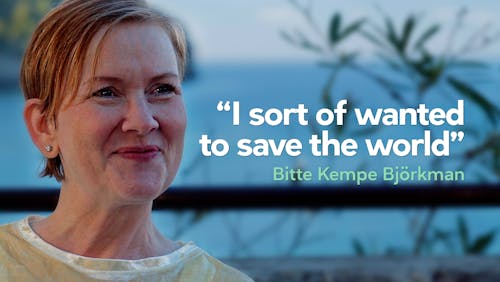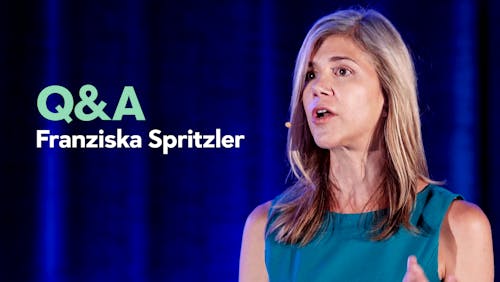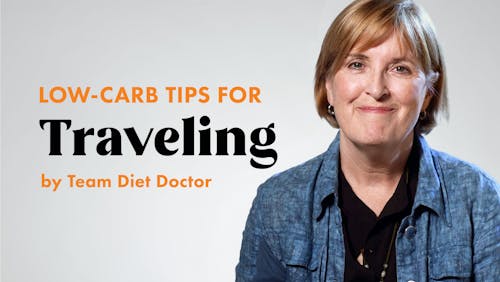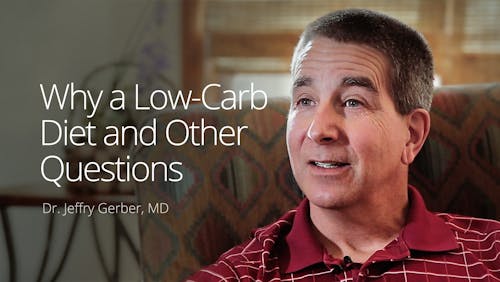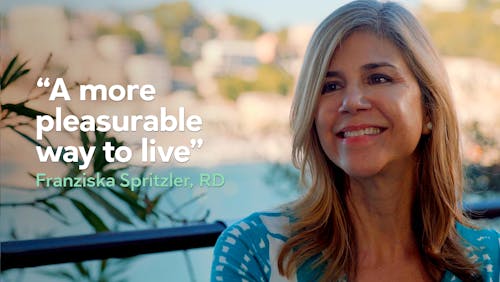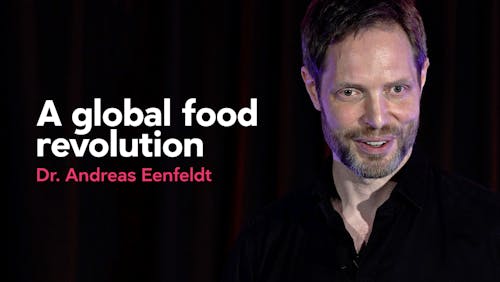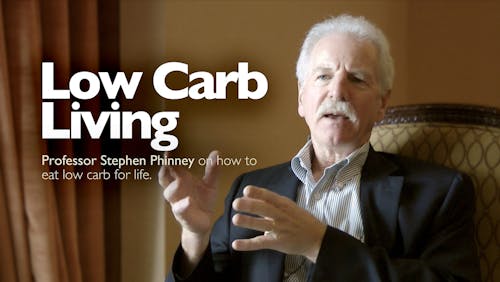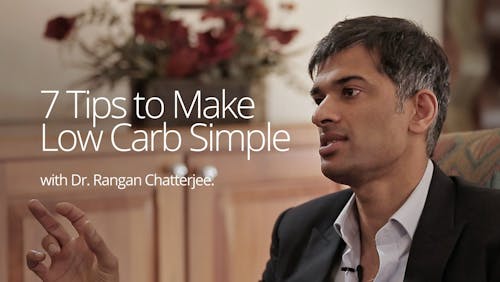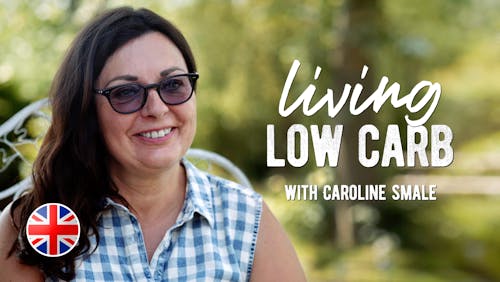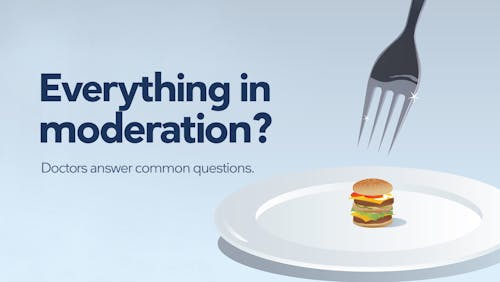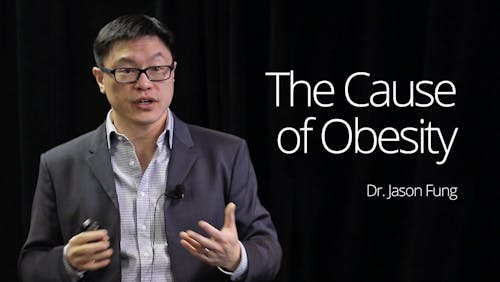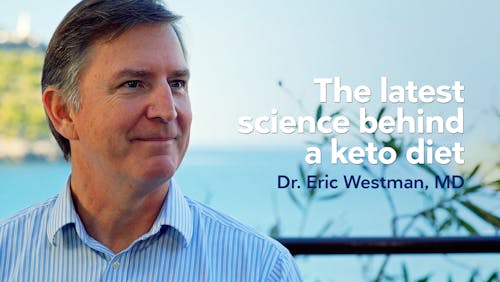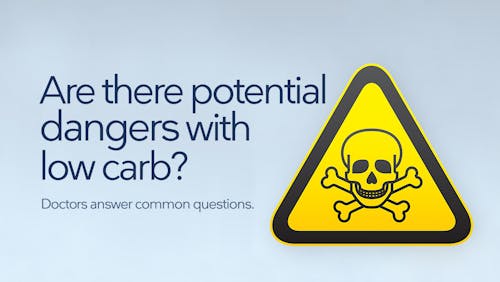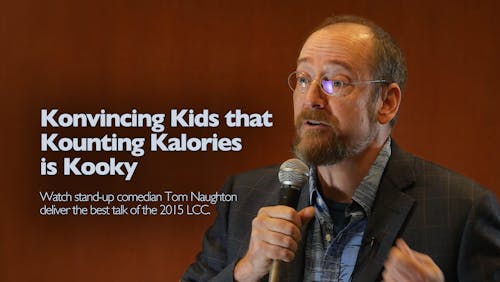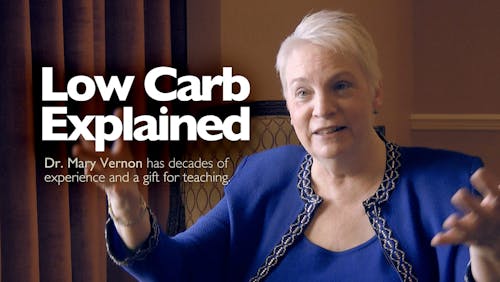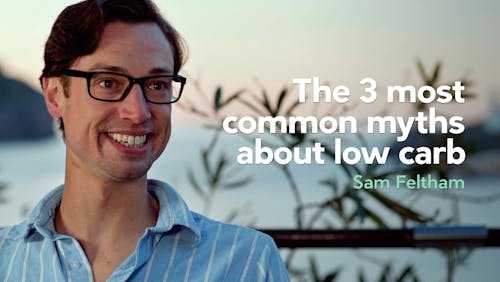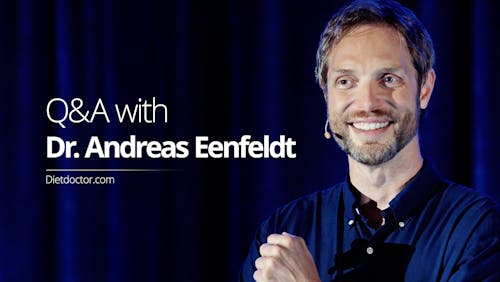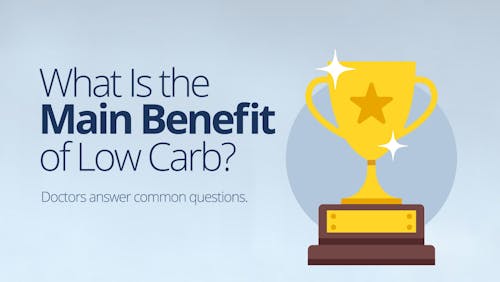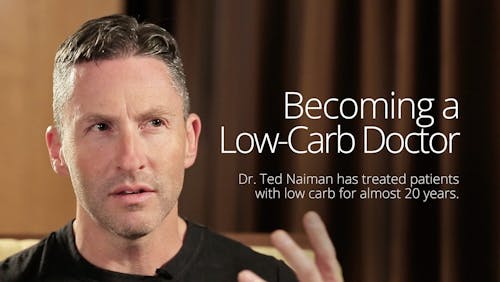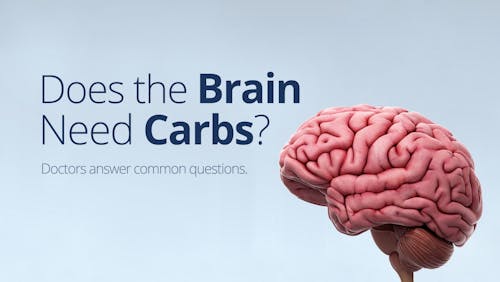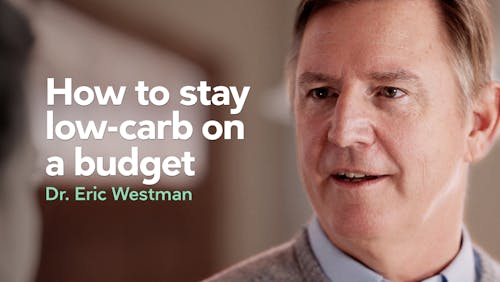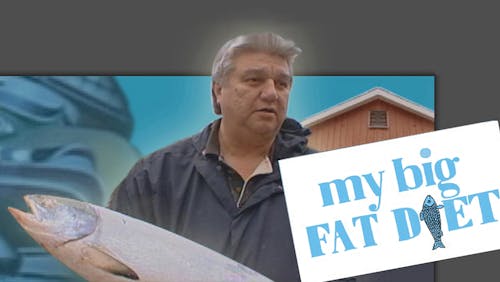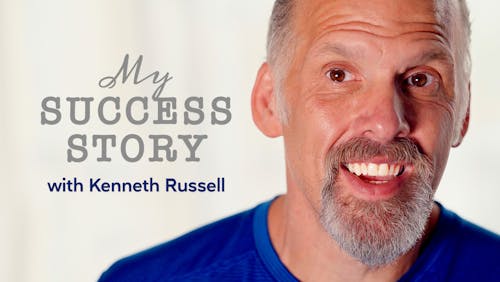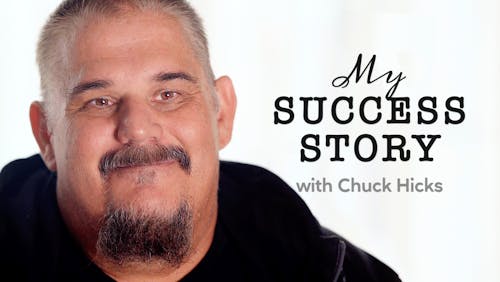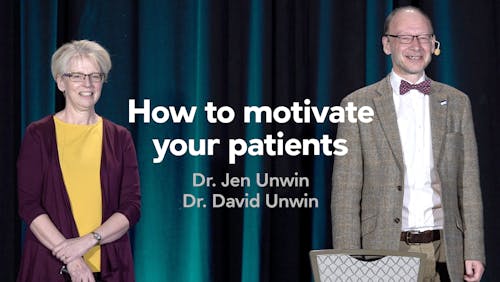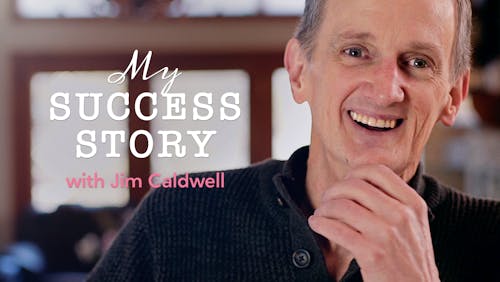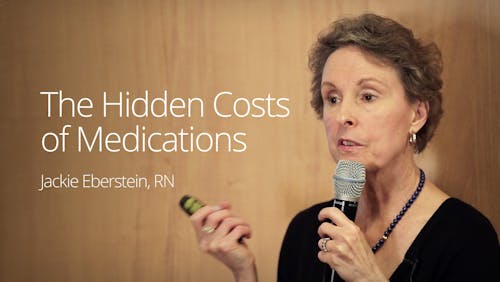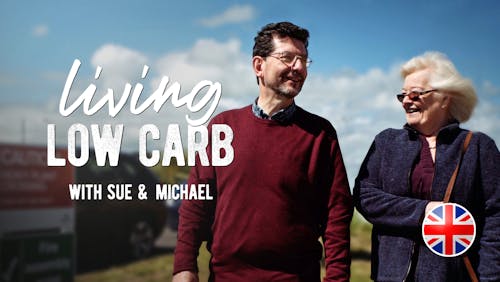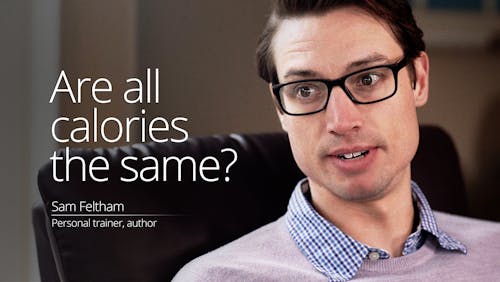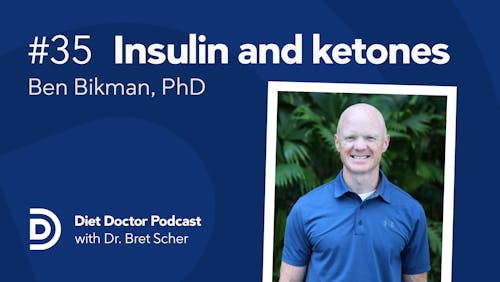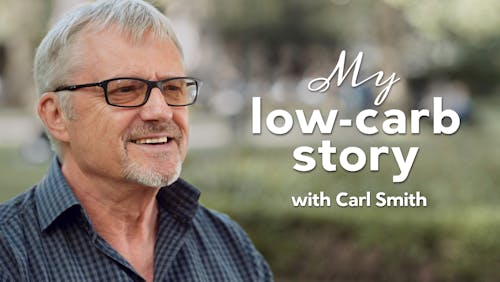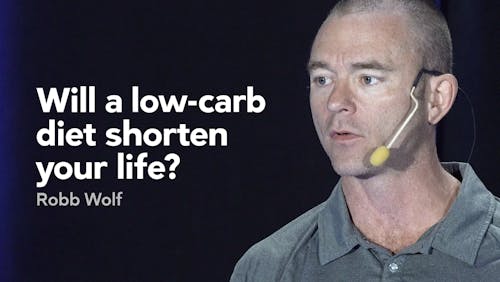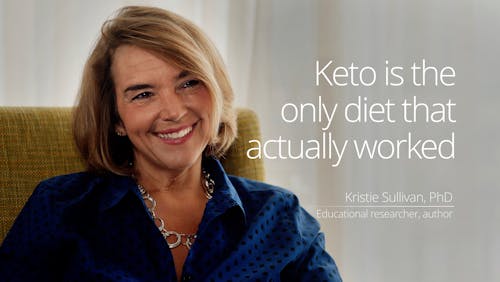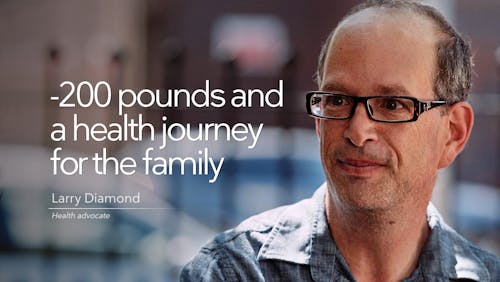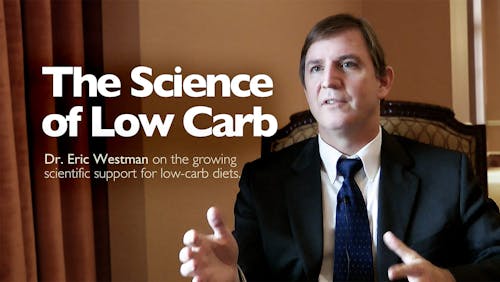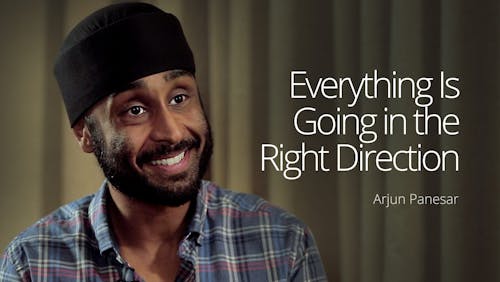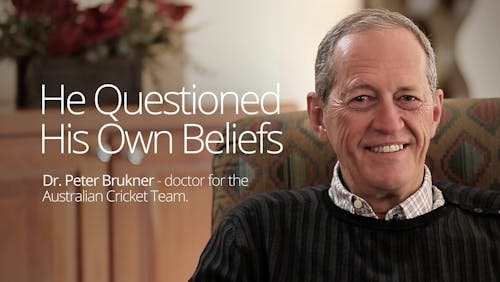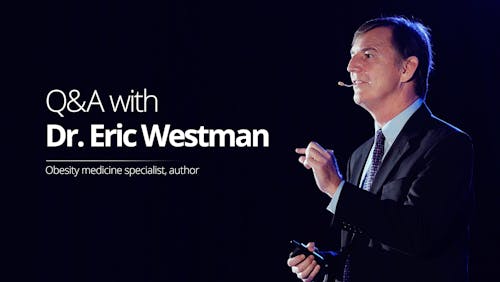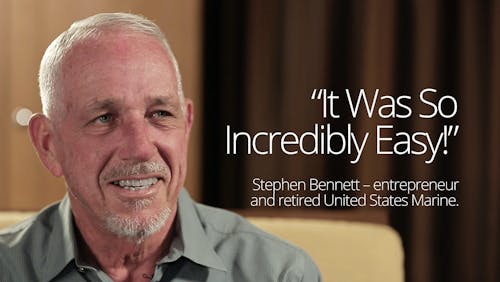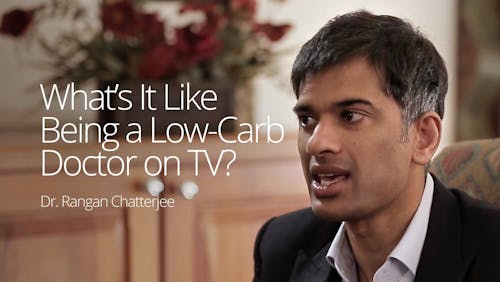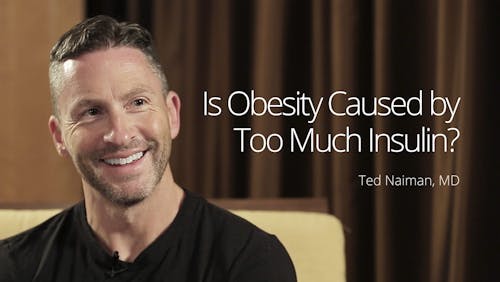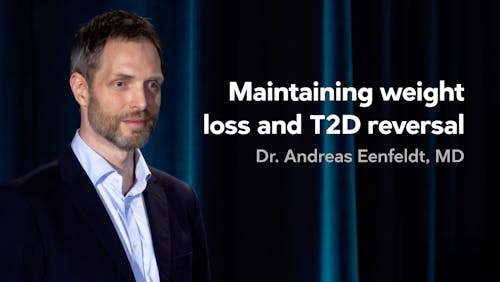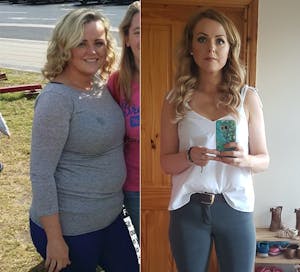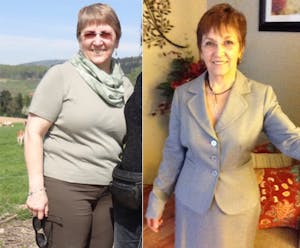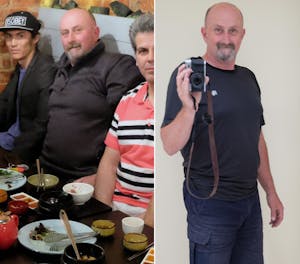The keto diet: “I have no doubt that I will reach my goal”
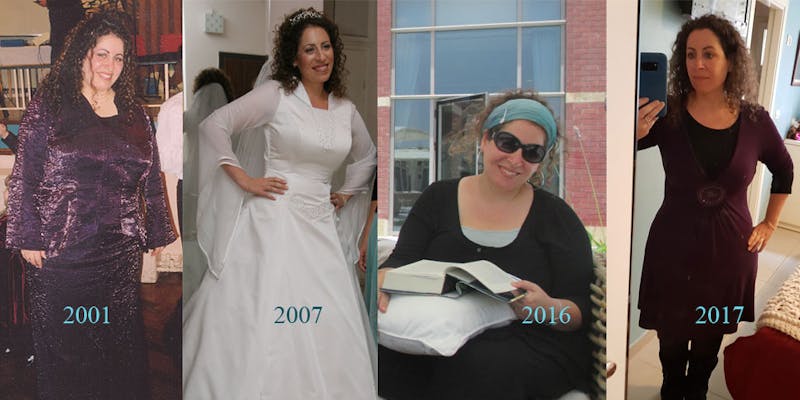
Deborah started to gain weight in her teens. A lifetime of struggles eventually led her to keto. Now she is in better shape than ever. This is her story:
I was a slim child. My weight issues started with puberty, although it took a while before they really became obvious. I grew up in the seventies and eighties, and my parents fed us a ‘healthy’ diet—or what they were told was a healthy diet. I don’t think I ever tasted butter. Eggs once a week. We ate carbs, low-fat products, cereals, lots of soy products. Poultry and meat a few times a week. And once I reached puberty, I’m not sure if I was ever actually full. My parents were strict about sugar—but I sneaked it whenever I could, and once I was old enough to go to school by myself, my opportunities for buying chocolate and crisps expanded…along with my body.
By the time I was fourteen or fifteen, I was about fifty pounds more than the ‘ideal’ weight for my height. And that became my set point for the next eight years or so. I tried dieting for the first time when I was sixteen. A few months on Weightwatchers and I lost about thirty pounds… but I could only maintain that weight if I accepted constant hunger, and a constant feeling of deprivation. It didn’t last, and after a year or so of finally feeling normal, I went back up to my set point. I stayed there until I was in my early twenties, when a short period of depression led me to binge eat and gain another twenty-five pounds over my set point. Then I somehow summoned the mental energy to diet again. Back to Weightwatchers, back to constant hunger. I stuck to it for over a year, and only lost thirty-five pounds. Then I snapped, and the rebound was worse than I could ever have imagined. By the age of twenty-four, I weighed 250lbs—and I’m only 5’4”.
If I had been quietly unhappy at 185lbs, I was desperately miserable at 250lbs. But how could I even think of dieting again? Dieting just made me fatter. How could I steel myself to endure the awful hunger to maybe lose some weight, temporarily, if I would only end up even heavier afterwards?
This reminded me of the only other time I had ever read about a connection between insulin and carbohydrates, a few years earlier, when I’d read a book called “The Carbohydrate Addicts Diet.” It connected obesity to high insulin, which developed through a high carbohydrate intake. It had made a lot of sense. I’d even tried it for a few weeks. It recommended two very low-carbohydrate meals a day, and one high-carbohydrate meal, eaten within an hour. It had been relatively easy to follow—but I hadn’t lost any weight, and that one hour of the ‘reward meal’ had quickly become a binge. But now I could see that there was another reason why it might work for me. I was sure I had PCOS. I was too ashamed about my size to go to a doctor, and I had no other health issues than the obesity—or nothing that showed up in regular blood tests, anyway. Nobody ever tested my insulin.
It was a conversation with a friend sixteen years ago that led me, eventually, to where I am today. She told me that she had been diagnosed with PCOS, a condition I had never heard of. She told me what the symptoms were. I had all of them. I went away and researched it—this was in the early days of the internet, so information was becoming more easily available. One of the articles I read explained that PCOS was connected to insulin resistance, and a low-carbohydrate diet was recommended for the condition.I was twenty-eight when I took the plunge, and decided to risk getting even heavier by dieting again. I started with the Carbohydrate Addicts Diet. I lost fifty pounds, but then I stalled, and I couldn’t seem to stop myself allowing those reward meals from becoming binges. This was in 2002. I found a low-carb forum online. I saw people discussing Atkins. All I knew about Atkins was that it was “unhealthy and dangerous”—that’s what everyone said. When they asked me what I had been doing to lose those first fifty pounds, they’d always say, “but not Atkins, right?” when I mentioned low-carb, and I’d be quick to reassure them, “Of course not, not Atkins!” But then I joined that forum, and started reading more, and realized that, actually, Atkins was not unhealthy—and if I wanted to lose the rest of the weight, it’s probably what I should do. It was hard to make the switch, but when I finally did, I was amazed. I had thought that restricting my carbs to one meal a day had got rid of my cravings—and it had certainly helped. But when I switched to Atkins, those cravings absolutely disappeared. I was freed from food in a way I’d never understood was possible. I wasn’t greedy, I wasn’t an emotional eater; I had just been at the mercy of my high insulin. And I wasn’t anymore. Over the next two years, I slowly lost another fifty pounds (I’ve always been a slow loser). At age thirty-one, I finally reached a ‘normal’ BMI, for the first time since I was about thirteen.
I maintained my weight for another three or four years. I was 105lbs lower than my highest weight. I had resolved all my PCOS symptoms. Everything else looked great. I was so happy. I was a passionate low-carb advocate. I was angry with all the misinformation out there, information that had made me think my obesity was my own fault, was a personality flaw, that I was an uncontrollable glutton, instead of someone with a hormone imbalance because of a high carb diet and a genetic propensity. I followed low-carb advocates; I pre-ordered Good Calories, Bad Calories before it was even published. I owned countless other books on the topic.In 2008, I became pregnant with my first son. And I was so sick that I couldn’t eat any protein or vegetables at all. I tried so hard to stick to the foods I knew were good for me, but I just couldn’t. And I couldn’t just not eat, either, because along with the constant, unremitting nausea, I had hunger pangs that made it feel like my stomach would devour itself if I didn’t put something in it. So I ended up eating carbs. Bad carbs. And then I would throw them up—usually at least four times a day. But I still gained weight. By the time the nausea receded enough for me to go back to my regular low-carb eating, I’d gained 25lbs. I didn’t gain more weight during the rest of the pregnancy, but the damage was done.
When I gave birth to my son, I didn’t lose any of that weight. And then I gained another seven pounds when my sisters insisted I wouldn’t have any milk for my baby if I didn’t eat carbs. I listened to them for a month, gaining more weight, until I knew I’d have to try and go back to low-carb. Well, with low-carb, I had plenty of milk and the weight gain stopped—but I didn’t lose any of it, either. If you included a few pounds of honeymoon indulgences weight, by that point I was 42lbs higher than my lowest weight. That’s ok, I thought. I know how to eat now, I’ve done it before. Yes, I’m breastfeeding now, I can’t diet yet, but once I finish, I’ll know how to get the weight off. Yes, it’ll take time, I’m a slow loser, but I’ll do it. So I continued my low-carb eating. I didn’t count carbs, but I never ate starches or sugars or pulses. I focused on protein, fat, and vegetables. But I did use sweetener, and I did eat nuts. Maybe once every two weeks, some sweet potato.For the next eight years, I struggled. I knew that I was a slow loser, I knew that in the past I had done everything right and nothing would seem like it was moving on the scale, but then suddenly I’d get a whoosh, and lose ten pounds in a week. So I knew I had to be patient. But no matter how patient I was, nothing happened. It just wasn’t working. I tried different things. I tried to be stricter keto, counting protein grams as well as carbs. I did lose a few pounds, but it was hard, and I felt deprived, and then I lost my job and the trauma from that made me lose the control I’d had. I went back to regular low-carb, and regained the few pounds I’d lost. I had a day here and there where I’d feel despondent, and defeated, and sad about my job, and I’d say, “Let’s have pizza.” And just those few meals, here and there—maybe once a week, over a period of a month—were enough for me to gain another ten pounds.
This pattern continued. I was low-carb 99% of the time. Lazy keto, if you will. When I stuck to that, I maintained my (high) weight, but I couldn’t lose. When I found the strength, I would try something more—quitting sweetener for a month, or full-on keto, or counting calories as well—but nothing worked, I just couldn’t lose weight. And that was so disheartening that it got harder to stick to eating the way I had for so many years. But if I ever had a higher-carb meal, just one, I would instantly gain a pound. Over eight years, those pounds added up.
Then, in November 2016, I read Dr Fung’s The Obesity Code. I was familiar with most of what he wrote, but two things stood out: 1) artificial sweeteners raise insulin and 2) even if low-carb lowers your insulin, it may not go low enough to change your weight set point. Not unless you add fasting, which lowers your insulin completely. I also read his explanation of how cortisol can affect insulin, and how stress and lack of sleep can raise cortisol. Well, by that time I was the mother of two young sons. Neither had been good sleepers, and I had had years of constant sleep deprivation. I also had had periods of stress, with losing my job, moving house, the ups and downs of becoming a freelancer, the ever-present stresses of being a parent, and the serious stresses of life in a sometime war zone (I live in Jerusalem, Israel). All those things would have contributed to raising my cortisol level; maybe that’s why I had not been able to lose weight despite staying low-carb?
Well, I stopped using sweetener. It was so hard to give up my sweetened, creamy morning coffee, but I finally understood why I needed to, and I did it! I also started alternate-day fasting, continuing with my low-carb/keto diet on the days I ate. I started out with 24 hour fasts, then moved to 36, and currently I do three 42 hour fasts every week.
And now, around a year later, I am down almost fifty pounds, and I am only eleven pounds more than I was on the day I got pregnant, ten years ago. My love of and passion for low-carb and keto eating has been renewed. And I love fasting. I can feel my insulin is under control, the way it was when I first started low-carbing sixteen years ago. I have no doubt that I will reach my goal again, however long it takes. Not only that, but now that I have added fasting to my arsenal, along with the keto/low–carb eating, I know that once I get there, I will be able to maintain that goal weight.I’m nearly forty-five, most likely heading into perimenopause, and yet I’m over eighty pounds lighter than I was as a twenty-five-year-old. I’m slimmer than I was when I was fifteen! I’m full of energy. I’m able to keep up with my active, slim sons and husband. I’m no longer puffing as I walk up hills. I’m also in the middle of building a website on kosher keto living, because keto is just that bit more complicated when you can’t mix meat and milk products in your meals, and when you don’t eat pork or shellfish, and I’d like to share all the tips and recipes I’ve developed over the past sixteen years with others who have the same restrictions.
I’m so grateful to all the forward-thinking medical professionals who could see that the traditional advice just wasn’t working for their patients, and did the research to find out what would help. I felt so trapped for so many years, and now I’m free, thanks to them. And I have every intention of staying free. I will never be at the mercy of high insulin carb cravings again.
Comments
We’re so glad that we’ve been able to help you on your way to better health, Deborah. Thank you for sharing your inspiring story!
Get started
Do you want to try what Deborah has done? Sign up for our free 2-week keto low-carb challenge!
Low-carb basics
Weight loss
Start your FREE 7-day trial!
Get instant access to healthy low-carb and keto meal plans, fast and easy recipes, weight loss advice from medical experts, and so much more. A healthier life starts now with your free trial!
Start FREE trial!More success stories
Share your story
Do you have a success story you want to share on this blog? Send it (photos appreciated) to success@dietdoctor.com, and please let me know if it’s OK to publish your photo and name or if you’d rather remain anonymous. It would also be greatly appreciated if you shared what you eat on a typical day, whether you fast etc. More information:
Share your story!